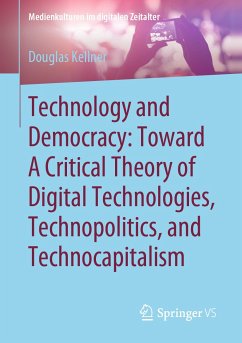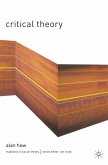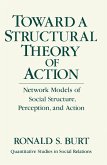As we enter a new millennium, it is clear that we are in the midst of one of the most dramatic technological revolutions in history that is changing everything from the ways that we work, communicate, participate in politics, and spend our leisure time. The technological revolution centers on computer, information, communication, and multimedia technologies, is often interpreted as the beginnings of a knowledge or information society, and therefore ascribes technologies a central role in every aspect of life. This Great Transformation poses tremendous challenges to critical social theorists, citizens, and educators to rethink their basic tenets, to deploy the media in creative and productive ways, and to restructure the workplace, social institutions, and schooling to respond constructively and progressively to the technological and social changes that we are now experiencing.
The Author
Douglas Kellner works at the intersection of "third generation" critical theory in the tradition of the Frankfurt Institute for Social Research, or Frankfurt School and in cultural studies in the tradition of the Birmingham Centre for Contemporary Cultural Studies. He is currently the George Kneller Chair in the Philosophy of Education in the Graduate School of Education and Information Studies at the University of California, Los Angeles.
Dieser Download kann aus rechtlichen Gründen nur mit Rechnungsadresse in A, B, BG, CY, CZ, D, DK, EW, E, FIN, F, GR, HR, H, IRL, I, LT, L, LR, M, NL, PL, P, R, S, SLO, SK ausgeliefert werden.









